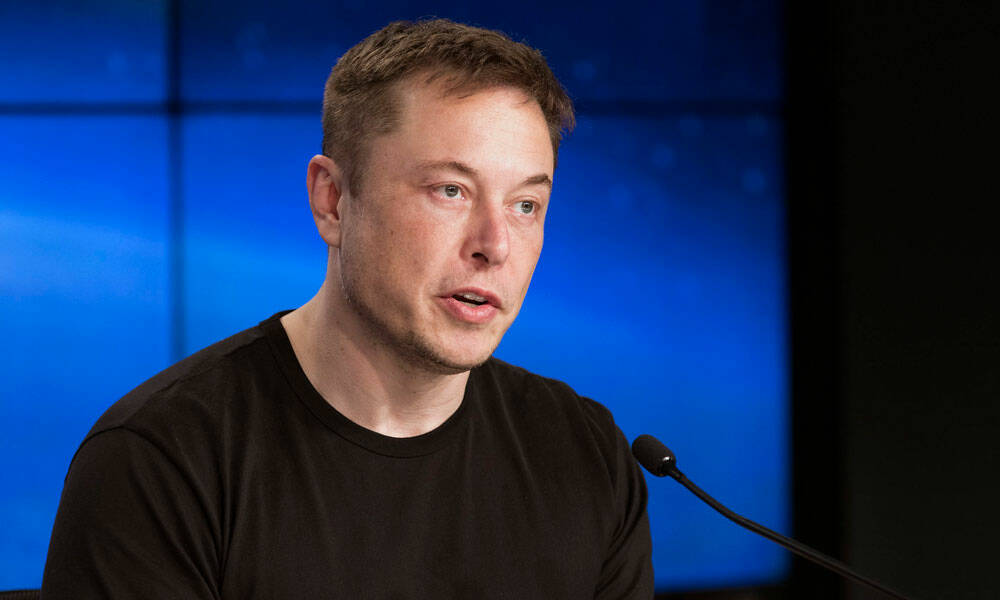
Why Some CEOs Still Struggle With Social Media
At this point, social media is old hat, but many leaders find it challenging to capture the right tone online. (Even the big names!) Is the answer to show a little humanity—but not too much?
What’s the best way for leaders to express themselves in a public forum? And is the answer to that question to be found in the most high-profile cases?
Maybe not. Elon Musk has been causing problems for Tesla, his publicly traded company, for years thanks to his tendency to get off-the-cuff with his public comments. Musk has huge pop-cultural appeal—he has around 26.2 million Twitter followers, putting him between Khloe Kardashian and Pitbull on the top followers list—which gives his comments tremendous reach. He has occasionally said things on social platforms that raised the ire of both his board and the Securities and Exchange Commission, which recently reached an agreement with Musk on the things he literally cannot say on social media without prior approval from an “experienced securities lawyer, ” CNN reported.
My Twitter is pretty much complete nonsense at this point
— Elon Musk (@elonmusk) April 19, 2019
Musk is in a league of his own on Twitter—while Bill Gates has 20 million more followers, he no longer leads a for-profit company. And while other major tech CEOs also have big social media presences, few of them use Twitter quite like Musk, who combines business with pleasure as most tweeters tend to do. He can even mix it up with his followers online sometimes.
Most CEOs don’t do that, preferring to talk more about their company than themselves. But whatever a CEO says in social media, people tend to follow those words closely, often looking for something to find fault with.
New podcast alert 📢 This year Mark Zuckerberg is hosting discussions on the future of tech and society. Listen along: https://t.co/5rIBdrbsb5
— Meta (@Meta) April 24, 2019
Maybe that’s why some big-name leaders are looking for alternative ways to be heard. Last week, it was revealed that Facebook’s Mark Zuckerberg, one of the most controversial CEOs on the internet, had started a podcast.
Not surprisingly, people found problems immediately: One, the podcast was released on Spotify, rather than via the more traditional RSS, which some saw as a subtle dig on the open web that Facebook has rarely embraced. Also, Zuckerberg’s podcast was simply an audio recording of live events that had already been released in video form. Finally, the subject matter was often about Facebook itself—a topic so widely discussed everywhere else that it’ll be hard to garner anything new from it, even from Mark Zuckerberg.
Facebook is controversial right now—people will find reasons to be frustrated by almost anything the company does. So it was an interesting risk for a guy known for not being particularly risky with his public image. A reviewer for the British version of Wired (whose American counterpart recently implied its social media reach may have been negatively affected by its coverage of Facebook) found the podcast a bit dry but did have a compliment for the host:
“Perhaps the biggest surprise is Zuckerberg himself, who, despite his reputation as the exception to the rule of the charismatic founder, seems relaxed and engaged and speaks really very eloquently,” writer Victoria Turk said. “In an alternate universe, he wouldn’t make a bad podcast host.”
So, What Should You Do?
These CEOs are social natives who grew up with—or, in some cases, invented—the mediums we use today. What about leaders whose lives and organizations don’t revolve around social media?
The answers that surface from research, much of it a couple of years old, suggest a mixed bag. A 2016 study by the business site Quartz found that executives’ social media use focused on LinkedIn (72 percent) and Facebook (68 percent), with Twitter (53 percent) and Instagram (41 percent) used less. They did more consuming than sharing of content.
And it wasn’t always a sure thing that CEOs would stick with it. A separate study from the companies Domo and CEO.com found that around 40 percent of Fortune 500 CEOs used social networks regularly, and their usage ebbed from time to time.
Social media messaging poses two main challenges for executives: one, the social media landscape is shifting constantly, and individual leaders often prefer to leave navigating that unsteady ground to others in the organization; and two, maintaining a social media presence takes time that many CEOs don’t have. The Domo and CEO.com study found that many CEOs with Facebook pages hadn’t updated them in months.
I have to imagine that most CEOs feel pretty good that they don’t put themselves out there to the degree that Elon Musk does. But at the same time, I don’t think a timid approach to social media sharing by the CEO is the right strategy, either—especially if your organization doesn’t have the scale of a car company or social networking giant. The trick is to strike a balance between being a human being and being the boss.
Imagine if Zuckerberg had taken a different approach to podcasting. Rather than interviewing fellow leaders, he might have interviewed some of his most interesting users and given them a platform. It would go a long way toward humanizing a figure that has struggled to strike a human tone at times.
Social media has been around in one form or another for more than 15 years. Online culture, even longer. Leaders have had plenty of time to formulate a strategy. What’s yours?
Tesla Motors CEO Elon Musk. (NASA/Kim Shiflett)






Comments